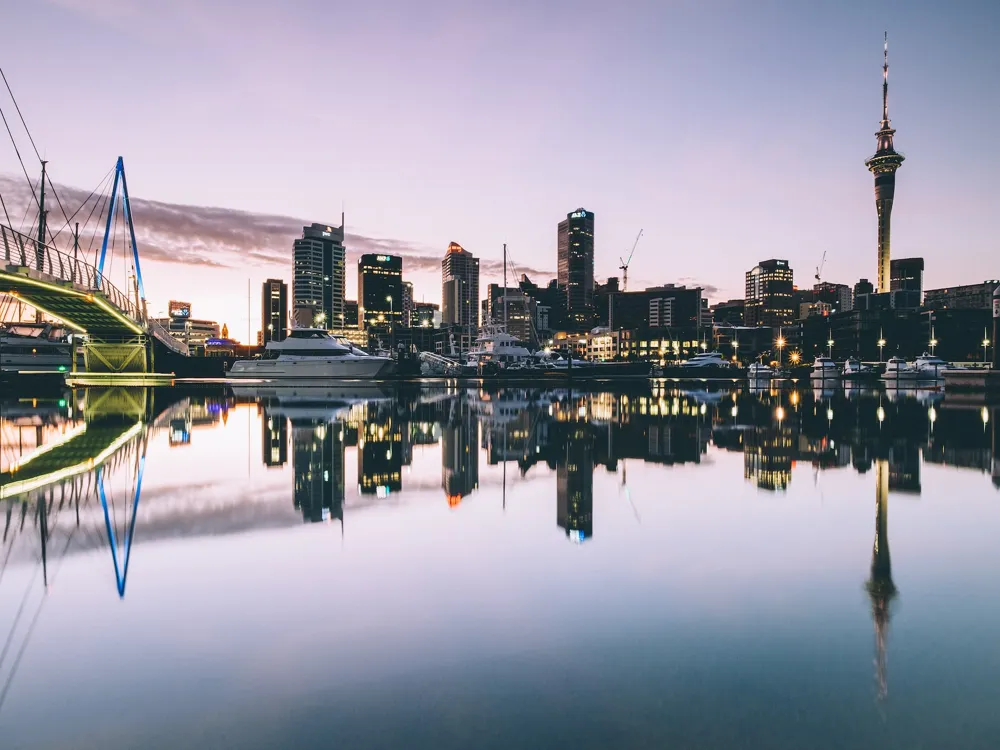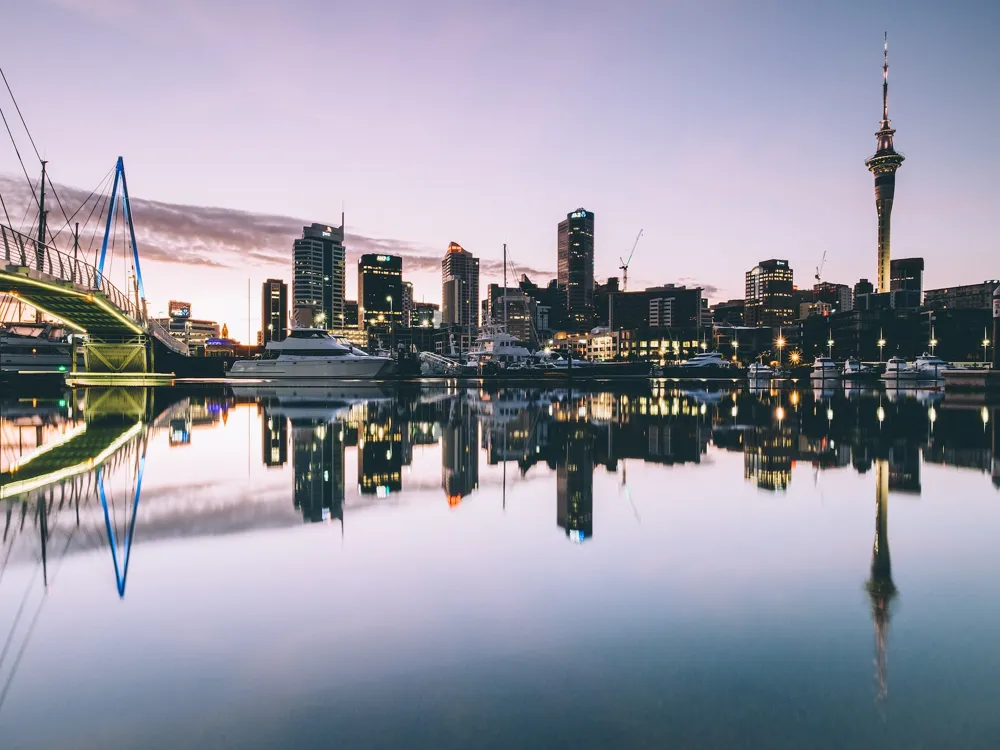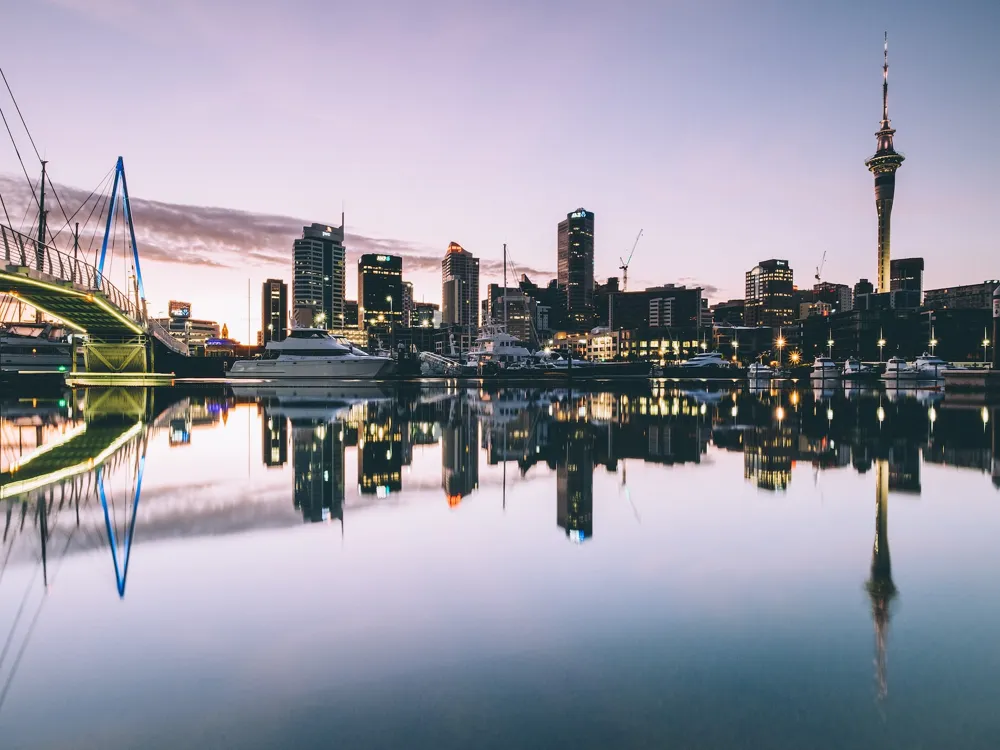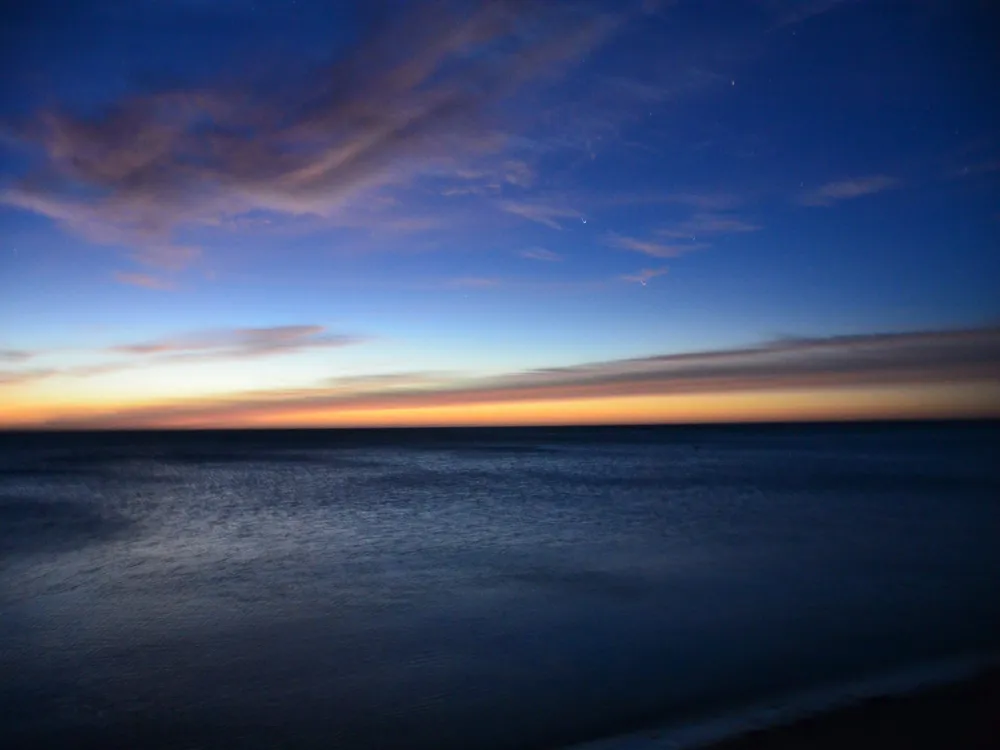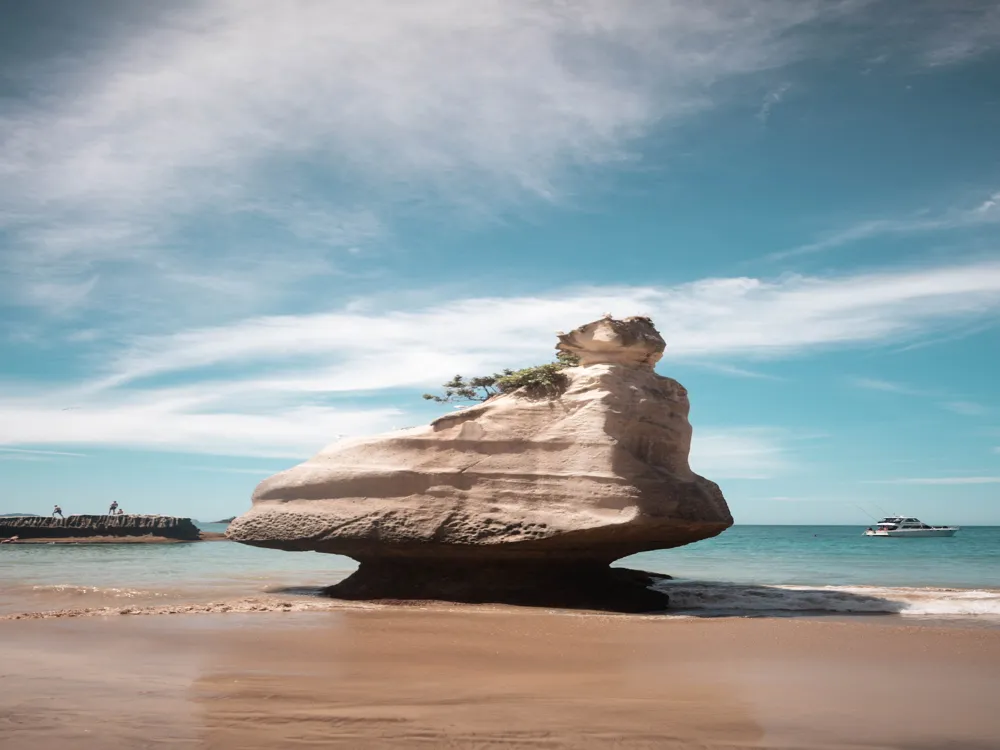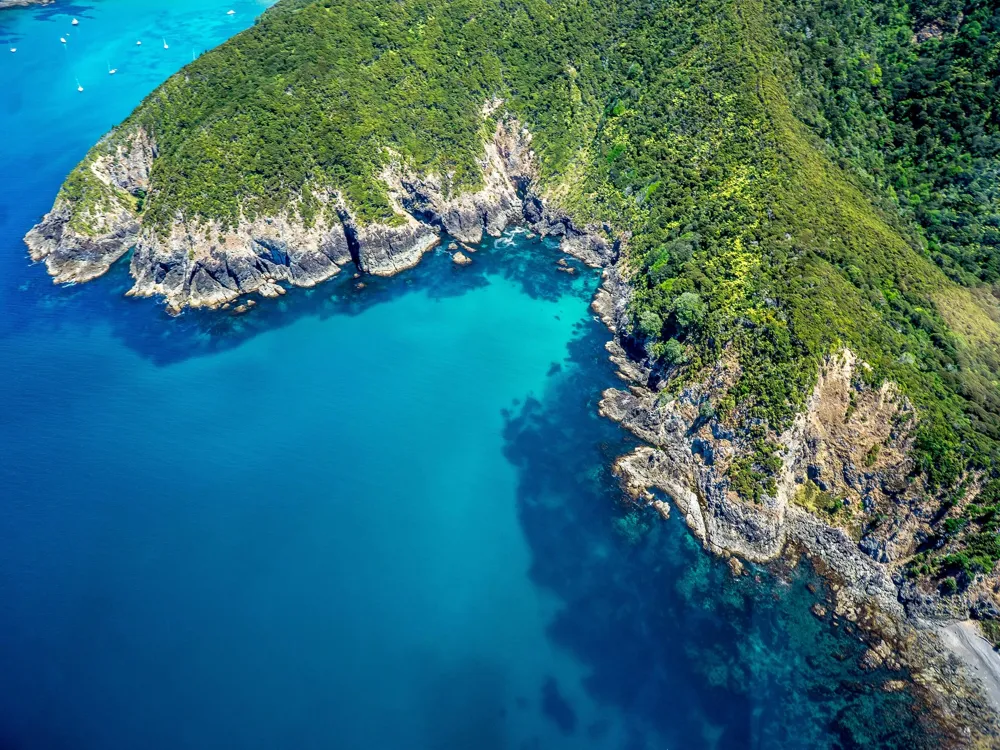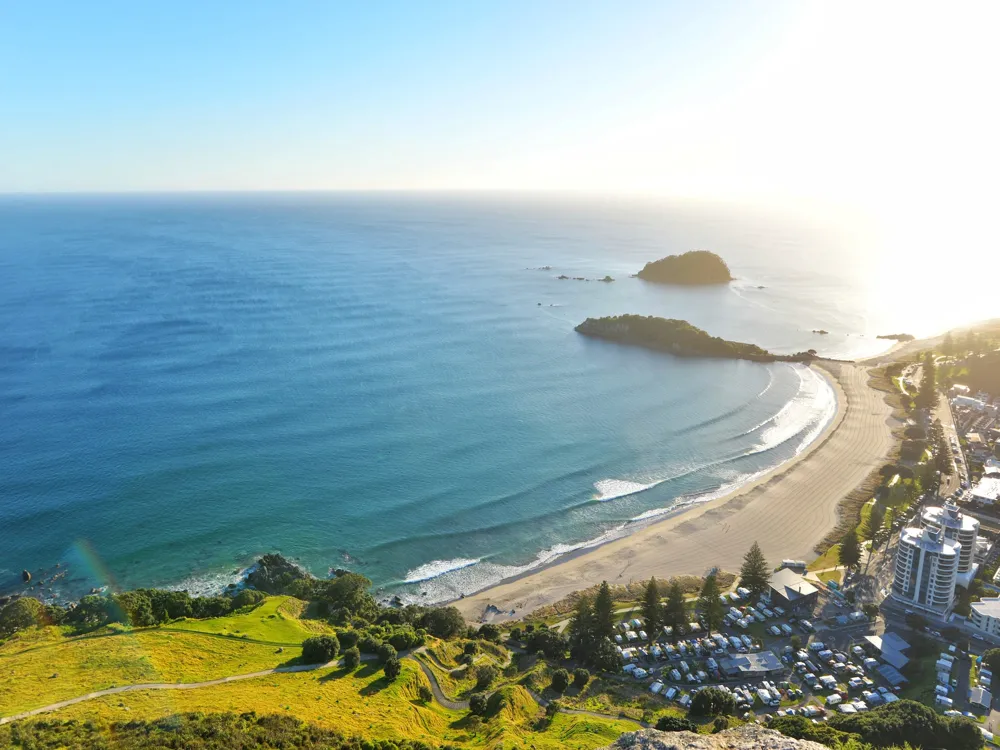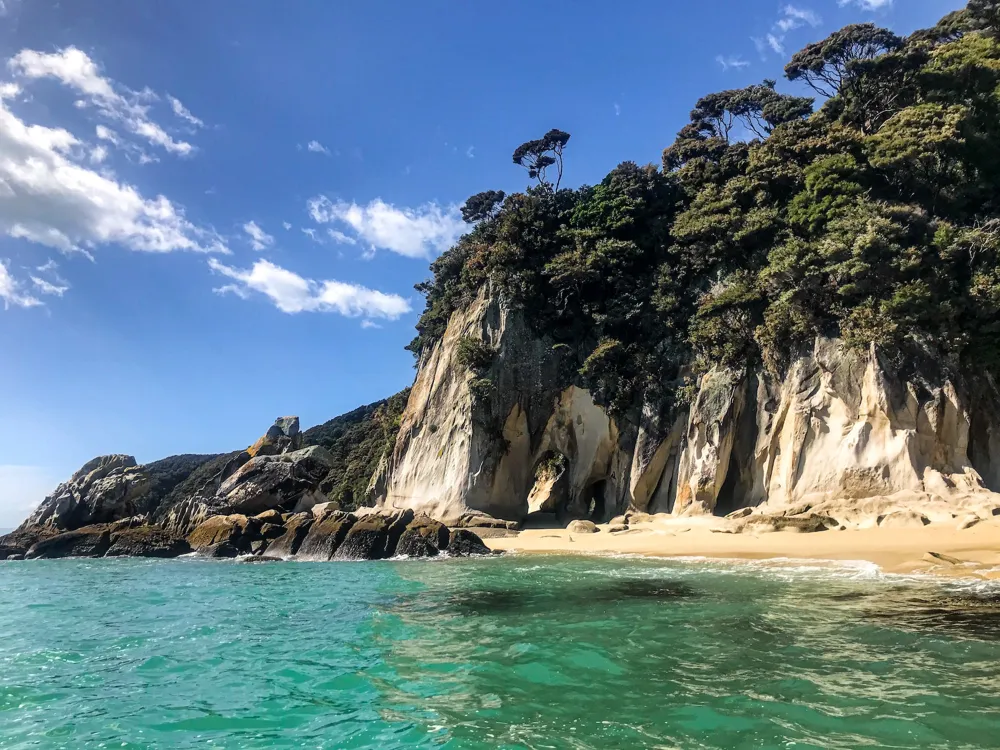The Manukau Heads Lighthouse, an iconic lamp in Auckland, New Zealand, stands as a testament to maritime history and engineering brilliance. Erected in 1874, this lighthouse has been guiding vessels through the unfaithful Manukau Harbour for over a century. Its strategic position on the Awhitu Peninsula offers panoramic views of the Tasman Sea and the harbour, making it a significant cornerstone for both hearties and excursionists alike. The architectural design of the Manukau Heads Lighthouse is a remarkable illustration of 19th-century engineering. The lighthouse is constructed primarily from original outfits, with its structure featuring a mix of functional design and aesthetic appeal. The palace's spherical shape, made from cast iron, is both sturdy and visually striking. This design not only adds to the lighthouse's continuity but also to its capability to repel the harsh rainfall conditions common in the region. Before planning your visit to the Manukau Heads Lighthouse, it's pivotal to check the original rainfall. The area can witness unforeseen changes in rainfall conditions, which can impact your visit. insure a safe and pleasurable experience by being prepared for the typical windy and occasionally wet conditions. The terrain around the lighthouse can be uneven and rugged. Wear sturdy, comfortable footwear to safely navigate the area and enjoy the scenic walk to the lighthouse. The Manukau Heads Lighthouse offers stunning views of the girding geography and the Tasman Sea. Do not forget to bring a camera to capture these stirring scenes. The area around the lighthouse is of significant environmental and historical significance. Callers are encouraged to admire the natural surroundings by not littering and staying on designated paths. Take the time to learn about the rich history of the Manukau Heads Lighthouse. Informational plaques and guided tours are available to enrich your understanding of this historical site. Reaching the Manukau Heads Lighthouse involves a scenic drive from Auckland. The trip takes roughly 90 twinkles by auto, heading southwest from the megacity center. The route winds through the beautiful geographies of the Awhitu Peninsula, offering glimpses of pastoral New Zealand along the way. Public transportation options are limited, so driving is the most accessible way to visit the lighthouse. Ample parking is available near the point, from where a short walk leads you to the lighthouse itself. READ MORE:-Overview of Manukau Heads Lighthouse in Auckland
The history of the Manukau Heads Lighthouse is intertwined with the growth of Auckland as a maritime megacity. It was erected in response to the woeful sinking of the HMS Orpheus in 1863, New Zealand's worst maritime disaster. The lighthouse was designed to help with similar tragedies and has since been a symbol of safety and alertness. Over the years, it has experienced several emendations to maintain its structural integrity and functional effectiveness, yet it retains much of its original charm and design.
Callers to the lighthouse are saluted by its distinct red-and-white banded surface, a point that enhances its visibility against the frequently cloudy and misty background. The lighthouse isn't only a lamp for vessels but also a lamp for Auckland's rich maritime heritage. Its presence has significantly contributed to the safety of navigation in the area, making it a vital part of Auckland's littoral defense system.
The Manukau Heads Lighthouse's uninterrupted operation and conservation are a testament to the community's fidelity to conserving this historical monument. It remains one of the many lighthouses in New Zealand that's accessible to the public, offering a unique look into the life of a lighthouse keeper and the operation of a traditional lighthouse. The trip to the lighthouse itself is an adventure, winding through the graphic geographies of the Awhitu Peninsula, and is a must-do for anyone visiting Auckland.Architecture of Manukau Heads Lighthouse
The innards of the Manukau Heads Lighthouse are inversely emotional. A narrow staircase winds up the palace, leading to the lantern room, where the original Fresnel lens, a phenomenon of optic engineering, formerly projected light far into the distance. While ultramodern nautical technology has replaced the need for traditional lighthouses, the Manukau Heads Lighthouse still retains much of its original ministry and lenses, offering a fascinating glimpse into the technological advancements of the time.
The lighthouse's architectural design also takes into account the need for continuity and low conservation. The accoutrements used in its construction were named for their capability to repel erosion and wear, icing the lighthouse's life. This foresight in design has allowed the Manukau Heads Lighthouse to stand the test of time, serving as a functional nautical aid and a historical monument.
Likewise, the lighthouse's position on the rugged escarpments of the Awhitu Peninsula provides not only a strategic edge point for maritime navigation but also an architectural spectacle. The discrepancy between the man-made structure and the natural beauty of its surroundings creates a graphic scene, delineating shutterbugs and nature suckers from around the world.Tips When Visiting Manukau Heads Lighthouse
Check Weather Conditions
Wear Appropriate Footwear
Bring a Camera
Respect the Environment
Learn About Its History
How To Reach Manukau Heads Lighthouse
Manukau Heads Lighthouse
Auckland
₹ 72,000 onwards
View auckland Packages
Weather :
Tags : Lighthouse
Timings : 7 days a week (9:00 AM to 5:00 PM)
Planning a Trip? Ask Your Question
Auckland Travel Packages
View All Packages For Auckland
Top Hotel Collections for Auckland

Private Pool

Luxury Hotels

5-Star Hotels

Pet Friendly
Top Hotels Near Auckland
Other Top Ranking Places In Auckland
View All Places To Visit In auckland
View auckland Packages
Weather :
Tags : Lighthouse
Timings : 7 days a week (9:00 AM to 5:00 PM)
Planning a Trip? Ask Your Question
Auckland Travel Packages
View All Packages For Auckland
Top Hotel Collections for Auckland

Private Pool

Luxury Hotels

5-Star Hotels

Pet Friendly







